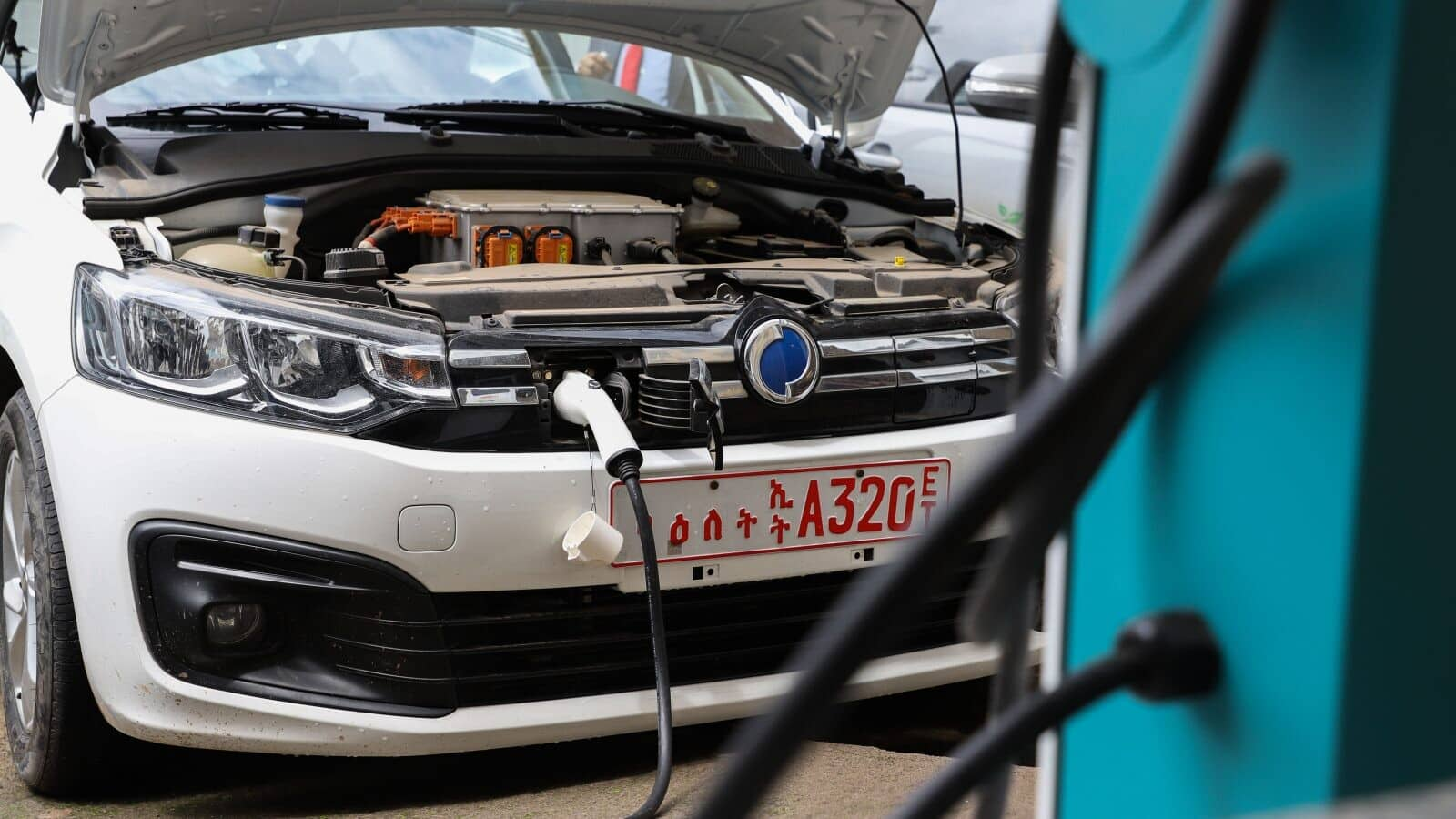What’s the story
Ethiopia‘s “EV or nothing” policy, implemented in February, is facing criticism from EV owners and experts.
The policy bans the import of petrol and diesel vehicles, a move critics argue the country was ill-prepared for.
The decision to ban non-electric vehicles was aimed at cutting down the nation’s fuel import expenses, which totaled $7.6 billion in 2023.
However, the country has only 50 charging stations, which is proving insufficient to meet demands.
Infrastructure and expertise shortfalls
Araya Belete, an IT professional in Addis Ababa, voiced his struggles with maintaining and using EVs despite government incentives like lower import duties.
Belete has found it difficult to service and maintain his EV due to a lack of local expertise and spare parts.
Additionally, he incurred extra costs for installing charging points because of the country’s insufficient public charging infrastructure.
Lack of regulations impede e-mobility
Yasaki Yuma, founder and CEO of Ethiopian e-mobility company Dodai, pointed out that both customers and sectors are suffering, due to a lack of infrastructure and regulations for e-mobility.
According to Yizengaw Yitayih, senior climate change expert at the country’s Ministry of Transport and Logistics, Ethiopia currently has around 50 charging stations.
However, this figure could not be independently confirmed.
Private sector sees potential despite policy concerns
A few private companies have established charging facilities across Ethiopia, but efforts have been limited due to a lack of global investors.
Addis Ababa-based climate entrepreneur and investor Sam Rosmarin expressed optimism, that this policy could create a business case for increased private sector investment in EV infrastructure.
However, some investors are wary due to the policy’s lack of clear legislation and effective enforcement mechanisms.
Rapid shift to EVs raises concerns among stakeholders
Hanna Arayaselassie, head of the Ethiopian Investment Commission, voiced concerns about the swift transition to EVs, citing infrastructural limitations and a limited number of manufacturers globally.
Adis Yohannes, who operates an online car dealership from Addis Ababa, echoed these concerns by highlighting a shortage of spare parts for electric cars.
Meklit Mussie, an Addis Ababa resident, shared her struggles with finding charging options for her Volkswagen ID.4 electric car.
Government’s commitment to EV infrastructure expansion
Despite the challenges, Yitayih assured that the Ethiopian government is committed to expanding infrastructure throughout the country.
The government had set a goal in 2022 to put 150,000 EVs on the road by 2030.
Last month, the minister of transport and logistics claimed that Ethiopia already has over 100,000 EVs and is now aiming for half a million in the next decade.

